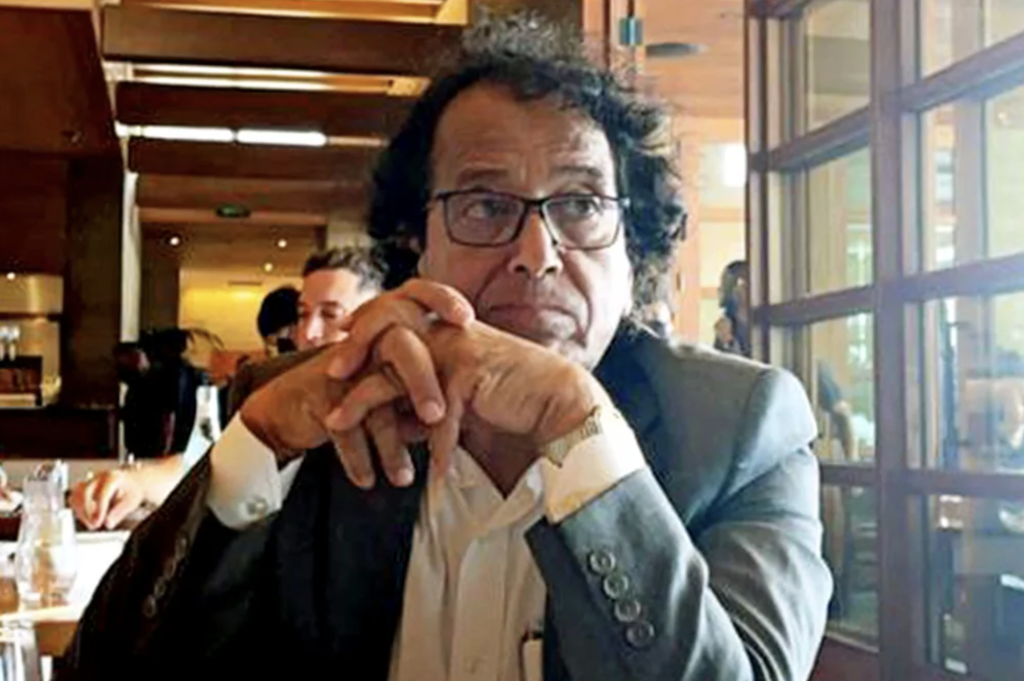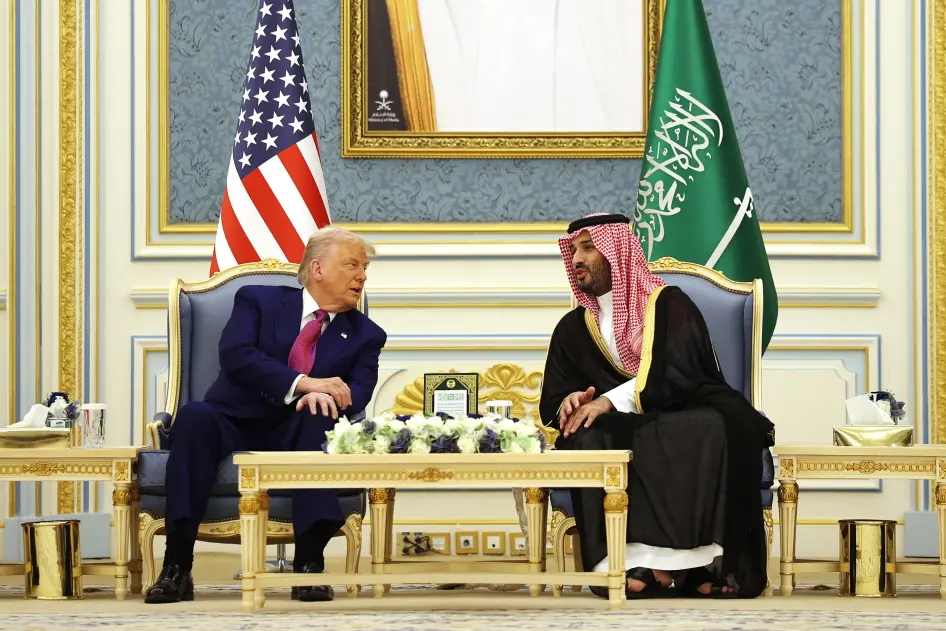 During Donald Trump’s first presidential term, the U.S.-Saudi relationship was shaped by what Trump himself described as his “very, very good friendship” with Crown Prince Mohammed bin Salman (MBS). Four years later, the relationship between the two leaders appears to remain strong. The whims of both men, as well as their personalistic and transactional approach to the relationship, are likely to continue to drive the policy choices of both governments.
During Donald Trump’s first presidential term, the U.S.-Saudi relationship was shaped by what Trump himself described as his “very, very good friendship” with Crown Prince Mohammed bin Salman (MBS). Four years later, the relationship between the two leaders appears to remain strong. The whims of both men, as well as their personalistic and transactional approach to the relationship, are likely to continue to drive the policy choices of both governments.
In a new MEDC policy brief, “Thin Margins: Addressing Human Rights in Saudi Arabia under the Trump Administration,” Sheridan Cole, Haydn Welch, Seth Binder, and Abdullah Alaoudh offer recommendations for the Trump administration, Congress, and the business community to work on certain human rights issues in Saudi Arabia that align with the interests of both countries. The information and analysis presented here is drawn from a variety of sources, including interviews with Saudi activists, regional experts, congressional staff, and current and former U.S. government officials.
“[I]mmense challenges and a rapidly shifting political space does not mean that issues of human rights and unjust detention should be abandoned entirely for the next four years,” the authors write. “While both leaders have demonstrated their willingness to violate rights when pursuing policy objectives, some of their nationalist interests would, in fact, be advanced if they were willing to address relevant human rights concerns in Saudi Arabia.”
Read the policy brief here (PDF).
This policy brief is the second of two on the U.S.-Saudi relationship. A previous retrospective paper, “Broken Promises: Biden’s Retreat from Saudi Arabia Accountability,” examined the evolution of U.S.-Saudi relations under the Biden administration, analyzing key inflection points and strategic considerations that shaped policy over the four years.
The paper was written with support from the Heinrich Boell Foundation, Washington D.C. The findings and conclusions expressed are solely those of the author(s) and do not represent the views of the Heinrich Boell Foundation.






